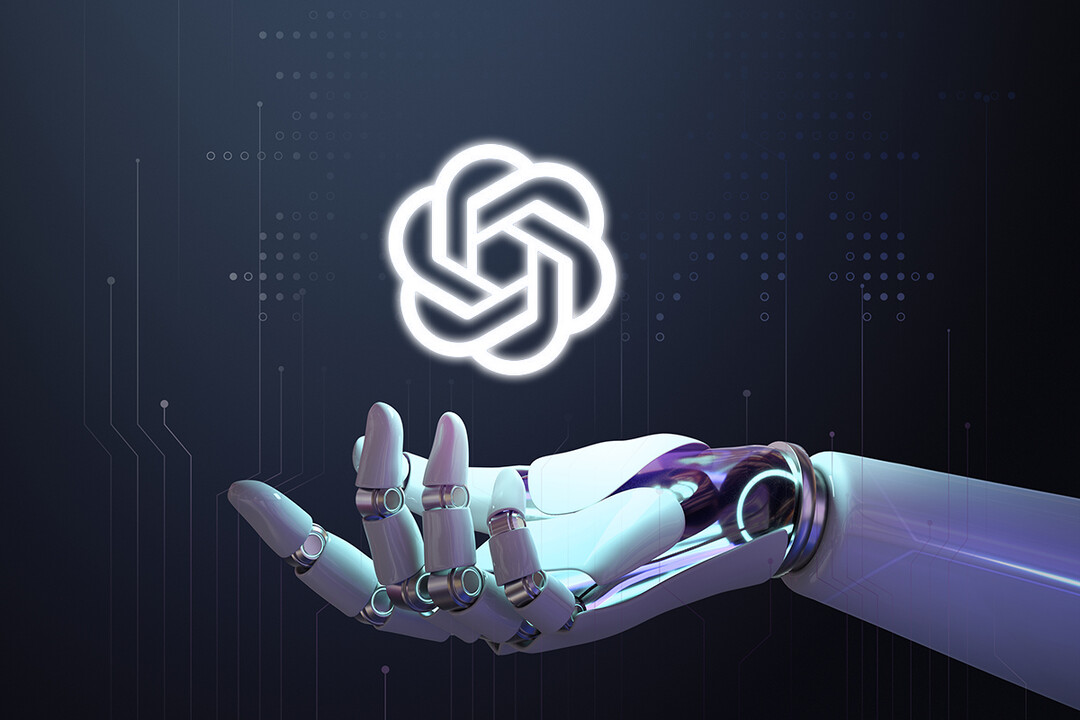In the ever-evolving realm of Artificial Intelligence, one name has been making waves—ChatGPT. This powerful language model, born from the GPT-3 architecture, has the ability to engage in conversations that feel eerily human. But with great power comes great responsibility, and in the case of ChatGPT, ethical considerations loom large.
Understanding the ChatGPT Marvel: A Quick Dive
ChatGPT, crafted by OpenAI, stands as a testament to the prowess of AI. Its roots in the GPT-3 architecture enable it to generate text responses that mimic human conversation, making it a versatile tool for various applications.
The Ethical Tapestry Unveiled: Navigating Challenges
1. Bias in Training Data:
Delving into the data used to train ChatGPT unveils potential biases embedded in the source material. The risk is real: the model might inadvertently generate biased or discriminatory outputs
2. Accountability and Responsibility:
Determining who should be held accountable for the actions of autonomous AI models poses a conundrum. As ChatGPT generates content independently, pinning down responsibility becomes complex.
3. Misuse and Manipulation:
The openness of ChatGPT raises red flags for potential misuse. From spreading misinformation to generating harmful content, the possibilities for malicious use are daunting.
4. Lack of User Understanding:
Users engaging with ChatGPT might not fully grasp its capabilities and limitations. This lack of comprehension could lead to misplaced trust or misinterpretation of responses.
Charting a Course Through Challenges: A Call for Ethical AI Development
*1. Bias Mitigation:
A proactive approach involves developers actively identifying and mitigating biases in training data. Techniques for bias detection and correction are essential.
*2. Transparent Design:
Transparency in the design and functionality of AI models is paramount. Clear communication about limitations and potential biases aids users in making informed decisions.
*3. User Education:
Empowering users with comprehensive information about ChatGPT’s capabilities and limitations is pivotal. Educated users are better equipped to interact responsibly.
*4. Collaboration with the Community:
OpenAI encourages collaboration with the broader community to identify and address potential issues. Diverse perspectives contribute to the creation of more robust and ethical AI systems.
The Path Forward: Balancing Act Between Innovation and Responsibility
As the journey of AI technologies unfolds, maintaining equilibrium between innovation and responsibility is non-negotiable. An ongoing commitment to ethical practices, community engagement, and research is the beacon guiding the positive integration of AI in our lives.
Conclusion: A Conversational Future Awaits
In conclusion, ChatGPT stands at the forefront of conversational AI, bringing both excitement and ethical challenges. With proactive measures and a collective commitment to ethical development, we pave the way for an AI future that enriches without compromising.
